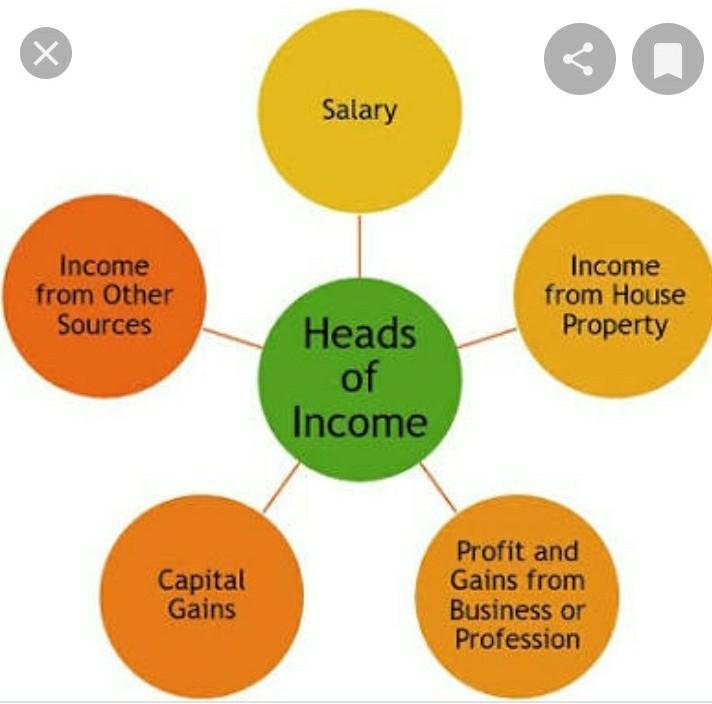When we think of professional athletes, the first thing that often comes to mind is their jaw-dropping salaries and luxurious lifestyles. However, the financial success of athletes is rarely limited to their on-field earnings. In fact, the wealthiest athletes diversify their income streams, ensuring financial stability and growth both during and after their careers. So, what are the biggest sources of income for athletes? Let’s break it down.
Professional Contracts and Salaries
The most obvious and significant source of income for athletes is their professional contracts. Whether it’s a multi-year deal in the NBA, a record-breaking contract in the NFL, or a lucrative agreement in European soccer leagues, these contracts often guarantee athletes millions of dollars annually. For example, soccer stars like Lionel Messi and Cristiano Ronaldo have signed contracts worth hundreds of millions of dollars over their careers.
However, while these contracts are substantial, they are often just the starting point for an athlete’s financial portfolio.
Endorsement Deals and Sponsorships
Endorsements are a major income source for athletes, often rivaling or even surpassing their salaries. Companies pay top dollar to have athletes endorse their products, leveraging their fame, influence, and reach. For instance, tennis icon Serena Williams has partnered with brands like Nike, Gatorade, and Beats by Dre, while basketball legend LeBron James has endorsement deals with Nike, Coca-Cola, and Blaze Pizza.
These partnerships can include everything from appearing in commercials to promoting products on social media, providing athletes with a steady stream of income.
Prize Money and Bonuses
For athletes in individual sports like tennis, golf, or boxing, prize money is a significant source of income. Winning tournaments or championships can result in massive payouts. For example, the winner of a Grand Slam tennis tournament can earn over $3 million in prize money, while top golfers like Tiger Woods have earned tens of millions from tournament winnings.
Additionally, many athletes receive performance-based bonuses as part of their contracts. These bonuses are tied to achievements like winning championships, breaking records, or making All-Star teams.
Appearance Fees and Speaking Engagements
High-profile athletes are often paid simply to show up. Appearance fees for events, autograph signings, or corporate functions can add up quickly. For example, retired athletes like Shaquille O’Neal or David Beckham can command six-figure fees for appearances at events.
Similarly, athletes are frequently invited to speak at conferences, seminars, or corporate events, where they share their experiences and insights. These speaking engagements can be highly lucrative, especially for athletes with compelling personal stories or strong public speaking skills.
Social Media and Content Creation
In the digital age, social media has become a powerful income source for athletes. Platforms like Instagram, YouTube, and TikTok allow athletes to monetize their personal brands through sponsored posts, ad revenue, and partnerships. For example, soccer star Cristiano Ronaldo earns millions annually from his social media presence, making him one of the highest-paid influencers in the world.
Additionally, some athletes create their own content, such as vlogs, podcasts, or training programs, further diversifying their income streams.
Business Ventures and Investments
Many athletes use their earnings to invest in businesses or start their own ventures. From restaurants and fashion lines to tech startups and fitness brands, these investments can generate significant returns. For instance, NBA star Kevin Durant has invested in companies like Postmates and Coinbase, while tennis legend Venus Williams launched her own fashion brand, EleVen.
By diversifying their portfolios, athletes can create additional income streams that continue to grow even after they retire from sports.
Real Estate Investments
Real estate is a popular and reliable income source for athletes. Many invest in residential properties, commercial spaces, or large-scale developments, earning passive income through rentals or property appreciation. For example, former NBA player Magic Johnson has built a real estate empire worth hundreds of millions of dollars.
Real estate investments provide athletes with long-term financial security and a steady stream of income.
Media and Entertainment Careers
Some athletes transition into media and entertainment, leveraging their fame to secure roles in movies, TV shows, or as sports analysts. Dwayne “The Rock” Johnson, who started as a professional wrestler, is now one of Hollywood’s highest-paid actors. Similarly, former NFL player Terry Crews has found success in acting and hosting.
These ventures not only provide additional income but also extend an athlete’s career beyond their playing days.
Licensing and Merchandising
Athletes often earn income through licensing deals, where their name, image, or likeness is used on products like video games, trading cards, or apparel. For example, NBA players earn royalties from their inclusion in the popular NBA 2K video game series.
Additionally, athletes with strong personal brands can launch their own merchandise lines, selling everything from clothing to fitness equipment.
Philanthropic Ventures and Brand Building
While philanthropy is primarily about giving back, it can also enhance an athlete’s brand and open up new income opportunities. By establishing foundations or charitable organizations, athletes can improve their public image, leading to more endorsement deals and partnerships. For example, soccer star Cristiano Ronaldo’s philanthropic efforts have bolstered his global reputation, indirectly contributing to his income.
Conclusion
The financial success of athletes is built on a diverse range of income sources, from professional contracts and endorsements to business ventures and real estate investments. While their on-field earnings may grab headlines, it’s their ability to leverage their fame, influence, and financial acumen that truly sets them apart.
For aspiring athletes and fans alike, the key takeaway is clear: building wealth requires more than just talent on the field. It’s about making smart financial decisions, diversifying income streams, and planning for the future. By doing so, athletes can ensure their financial success long after their playing days are over.
